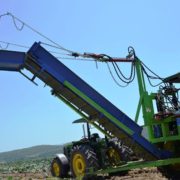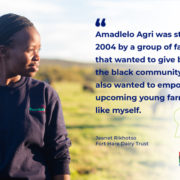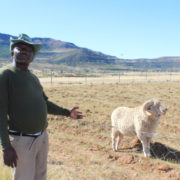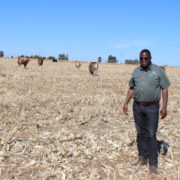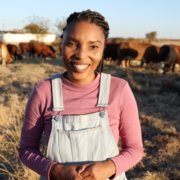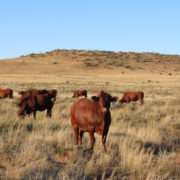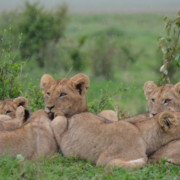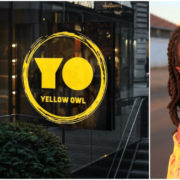by Thuli Zikalala
Finding your Purpose – it starts here with finding your why. It was around 2014 when I decided I wanted to interpret full-time. I had several career options to choose from: either build on my psychology foundation; explore the education sector; or stick with interpreting and develop my skills.
You see, my type-A personality leaves little room for spontaneity. I’m results-driven; I’m obsessed with structure; and I’m a high achiever. So when I chose interpreting as a professional career, I had to go all the way! I was ready for whatever sacrifice and hard work it took to build an established career; whether it was studying further, accreditation, or practicing over and over again. Basically, I wanted to be the best! I wanted, and still do, want to be recognised among the top interpreters in South Africa.
Helpful questions to ask yourself
If you are already an interpreter, or considering a career as one; it is crucial to be honest with yourself. Ask yourself these helpful questions:
-
Do I want to do this every day without getting bored?
-
Beyond the money, am I passionate about interpreting?
-
Is interpreting easy for me? Do I have a natural ability that can be developed further with intensive practice?
-
5 -10 years down the line, what will I be remembered for as an interpreter?
-
Can I contribute something new and valuable to the industry?
Pay attention to feedback
Last year I left my full-time job as an interpreter to start my own company, Yellow Owl. I can’t say I had all the answers, all I knew was that something just wasn’t right anymore. I was restless; I woke up feeling exhausted; and I had a very strong sense that something was calling and pulling me to be more than what I experienced around me – it was time.
Yes, I felt misunderstood; and I kept to myself. I even started second guessing my thoughts, desires and ambitions of wanting more from life. ‘Was I crazy?’ It felt like the world around me was black and white – I was the only one living in colour.
3 Tips for finding your purpose
Psychotherapist Amy Morin offers several useful tips on how to find your purpose. I will expand on 3 tips that resonate with me.
1. Explore your interests
What do you enjoy doing and talking about without much effort? A good indicator is what you choose to spend most of your time doing and always make time for, no matter what – is it art, being outdoors, catering, or writing?
I have a natural ability to lead and my personality compliments public speaking. I want to inspire people and drive positive change in my community. So I always find unique ways to incorporate my interests into interpreting.
2. What overlooked social injustices frustrate you?
There’s so much more that can be done through interpreting; just by taking time to really understand one’s role in the whole communication and information sharing process. I love consuming a variety of stimulating content – whether it’s podcasts, videos, music or written text. I often take for granted the freedom I have to simply switch platforms and choose something more engaging anytime.
One of the roles of an interpreter is to remove barriers to information access – information in all forms. Unfortunately, Deaf people don’t always have the luxury to enjoy, choose or experience audio content at it best. This is a huge responsibility; but it also makes interpreting fun and exciting – identifying a gap in the market and solving the problem creatively and collectively! This injustice inspires my business model of making digital content more inclusive and accessible through SASL interpreting. Become the solution to persistent, ignored problems in society.
3. Choose your company carefully
Positive people will inspire and challenge you to also start being optimistic, it’s contagious! We all encounter problems in life; however, only you are responsible for how you respond to difficult people and circumstances that come your way.
I often spend time alone working or processing some thoughts; but I am very careful who I allow into my personal space and the energy people bring. This conscious tough decision helps me stay focused and level-minded.
Conclusion
Ultimately, we all have different paths to walk – I’m fortunate to have discovered my purpose early on in life; coupled with my interests and personality traits. This makes it possible for me to excel as a professional interpreter who collaborates with like-minded people; use my voice to solve overlooked, persistent problems creatively – and still have fun while doing it!
When I stopped comparing myself to other fellow interpreters and people in general; I began discovering my own unique skills that set me apart from everybody – built on a strong purpose-driven foundation.

